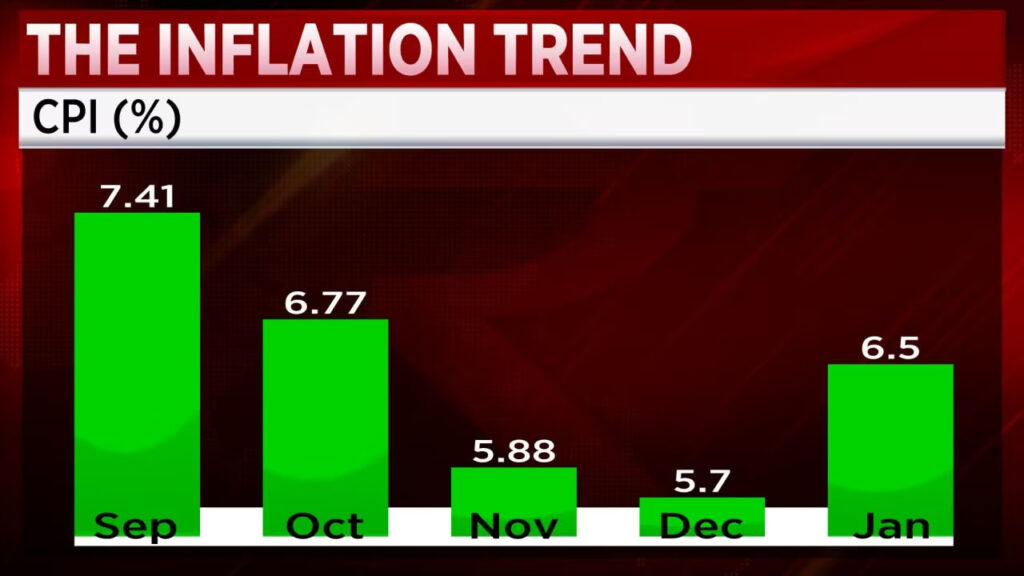
What is CPI Data in Economics and How it Affects Financial markets ?
Today we’re Discussing a Very Hot Topic What is CPI Data in Economics and How it Affects Financial Market like Cryptocurrency, Forex, Bonds etc.
CPI stands for Consumer Price Index. It is a widely used economic indicator that measures changes in the average price level of a basket of goods and services purchased by households over time. The CPI is used to track inflation, which is the rate at which the general level of prices for goods and services is rising, and it helps policymakers, economists, and investors assess the state of the economy.
The CPI is calculated by taking price changes for each item in the predetermined basket of goods and services and weighting them based on their importance in the average consumer’s expenditure. The basket typically includes items like food, housing, transportation, healthcare, education, and other common expenses. By comparing the current CPI to a previous period, economists can determine the percentage change in prices.
The CPI has a significant impact on the finance market due to several reasons:
1. Monetary Policy: Central banks, such as the Federal Reserve in the United States, use CPI data to make decisions regarding monetary policy. If the CPI indicates rising inflation, central banks may decide to raise interest rates to curb inflationary pressures. Higher interest rates can affect borrowing costs, consumer spending, and investment decisions, thereby influencing financial markets.
2. Bond Markets: CPI data is closely watched by bond investors. Inflation erodes the purchasing power of fixed-income investments like bonds. When inflation expectations rise, bond prices tend to decline, as investors demand higher yields to compensate for the eroding value of their fixed returns. Consequently, CPI data can impact bond yields and affect the overall bond market.
3. Equity Markets: Inflation can have varying effects on equity markets. Some companies may benefit from rising prices and pass on the increased costs to consumers, leading to higher revenues and potentially higher stock prices. On the other hand, inflation can also increase production costs, reduce profit margins, and dampen consumer demand, negatively impacting company earnings and stock performance. Investors closely monitor CPI data to assess the potential impact on specific sectors and industries.
4. Currency Markets: CPI data can influence currency markets. If a country’s CPI is rising faster than that of its trading partners, it may indicate reduced competitiveness in international trade, potentially leading to currency depreciation. Currency traders and investors use CPI data to assess the relative strength or weakness of a currency and make informed decisions.
Overall, CPI is an essential economic indicator that helps shape the finance market by influencing monetary policy decisions, bond yields, stock prices, and currency exchange rates. Market participants closely monitor CPI releases and incorporate the information into their investment strategies.


